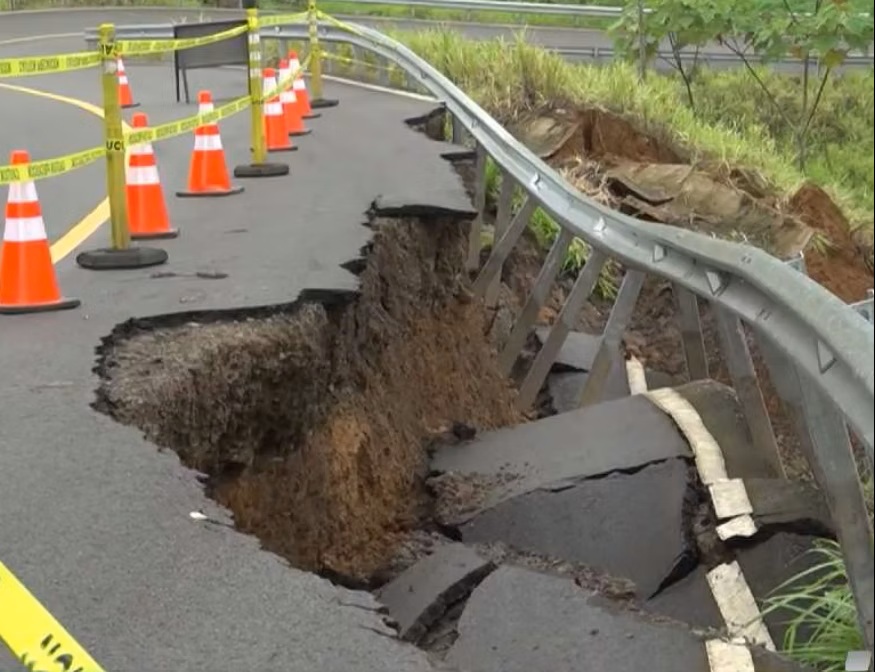Panama Closed 2024 with More than 32,000 cases of Dengue, a Historic Figure in the Country

In 2024, Panama recorded more than 32 thousand confirmed cases of dengue, a historic figure in the 30 years that this disease has been present in the country, reported the Ministry of Health (Minsa). Jaime Sevillano, an epidemiologist at Minsa, explained that 52 deaths were also reported, distributed between 26 men and 26 women. Most of those who died from dengue were people over 60 years of age, but the group that followed in terms of deaths was between 30 and 34 years old, that is, young people. According to Sevillano, some of the deceased had comorbidities, while others did not seek care in time. One of the most critical areas for dengue cases was the district of San Miguelito, which ranked second nationwide with more than 4,000 infections, Sevillano said. The expert explained that the increase in dengue cases was a problem that occurred throughout the American continent.
They began to observe an increase in cases in 2022, in mid-2023 they increased even more and in 2024 a constant increase began until reaching the epidemiological week, between 30 and 34, where more than 1,000 cases per week were detected in Panama. He stressed that the number of dengue cases has begun to decline, but is fluctuating, and is still well above what was expected for this year. The doctor reminded that there are mosquito breeding grounds inside and outside the houses. Inside the houses they can be controlled, however outside there is an accumulation of garbage that becomes breeding grounds once it rains and if it is not collected in time, the insect completes its cycle and the larva transforms into a mosquito. For Sevillano, the community is the most important thing to control dengue. They are also doing large sweeps to collect garbage and are coordinating with the Municipality of San Miguelito to work with young people and with the “Mosquito Hunters” in schools. He recommended that if a person has symptoms they should seek medical attention, because they do not want more lives to be lost unnecessarily. Generally, people do not have complications in the first few days, but rather later, so once the diagnosis is received, the follow-up is important, he concluded.





